E-commerce, also known as electronic commerce, refers to the buying and selling of goods and services over the internet. It involves the use of digital platforms, such as websites, mobile apps, and social media, to facilitate online transactions. Logistics and e-commerce share a deeply interdependent relationship that drives the modern retail landscape. In essence, the growth and efficiency of online commerce depend heavily on robust, innovative logistics systems, and vice versa.
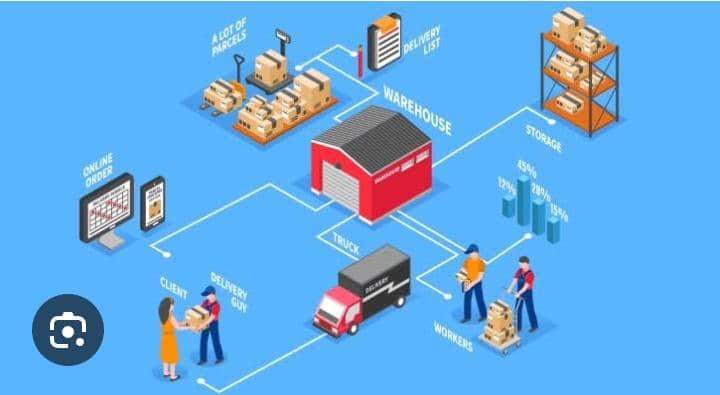
KEY RELATIONSHIP BETWEEN LOGISTICS AND E-COMMERCE.
1. Enabling fulfillment: E-commerce platforms rely on logistics to handle inventory storage, order processing, packaging, and shipping. Without efficient logistics, even the best online storefront would struggle to meet customer expectations for timely deliveries.
2. Driving Innovation: The rapid expansion of e-commerce has spurred significant advancements in logistics—from warehouse automation and real-time tracking to last-mile delivery innovations. This continuous evolution ensures that supply chains are agile enough to handle increased volume and complexity.
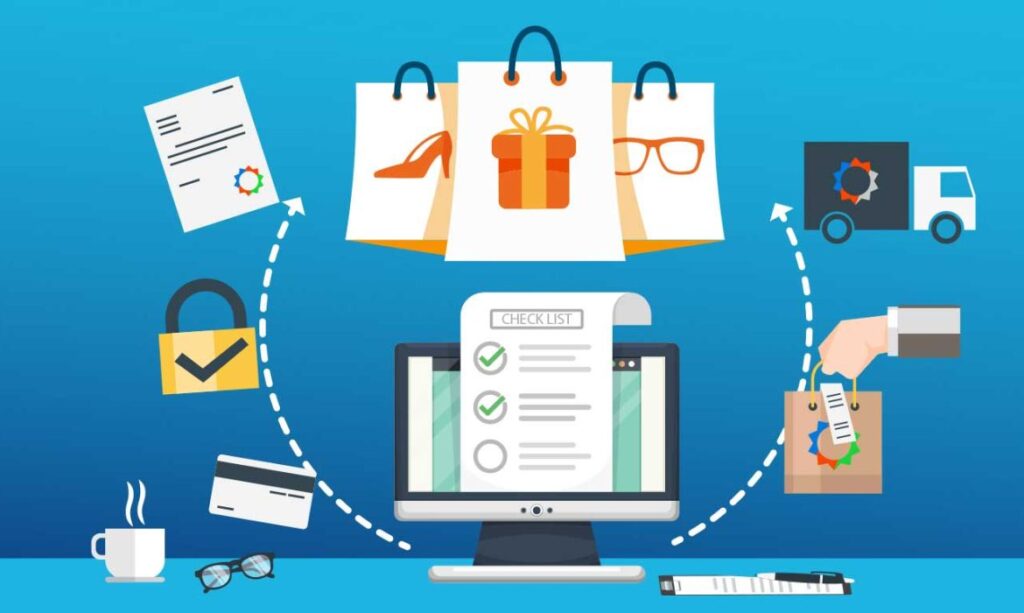
3. Order Fulfillment and Shipping: The logistics network is responsible for moving products from warehouses to the customer’s doorstep. This includes selecting the best shipping routes and methods, managing carrier relationships, and even handling reverse logistics (returns), which has become increasingly important in online shopping.
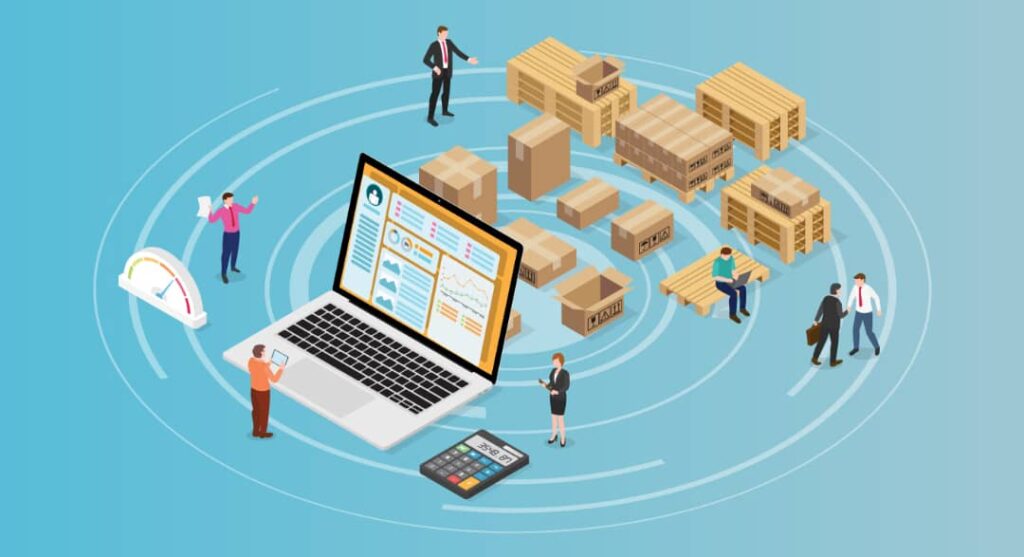
4. Inventory management: Logistics helps e-commerce businesses manage their inventory levels, ensuring that products are available when customers need them.
5. Returns management: Logistics also handles returns, enabling e-commerce businesses to process customer returns efficiently.
6. Customer Experience: Fast, reliable, and transparent shipping is a critical component of the customer experience in e-commerce. Real-time tracking and quick resolution of delivery issues can significantly enhance consumer trust and loyalty.
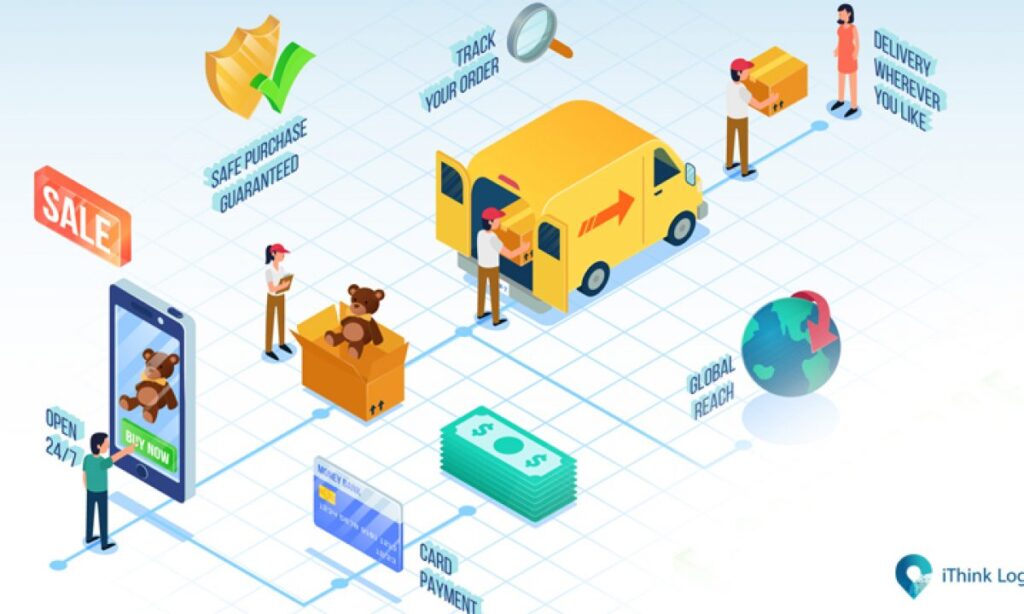
7. Cost Efficiency: E-commerce companies often partner with third-party logistics providers or invest in their own logistics capabilities to streamline operations. Efficient logistics not only reduces delivery times but also helps in managing costs, allowing competitive pricing and better margins.
Symbiotic Growth.
The relationship is essentially symbiotic:
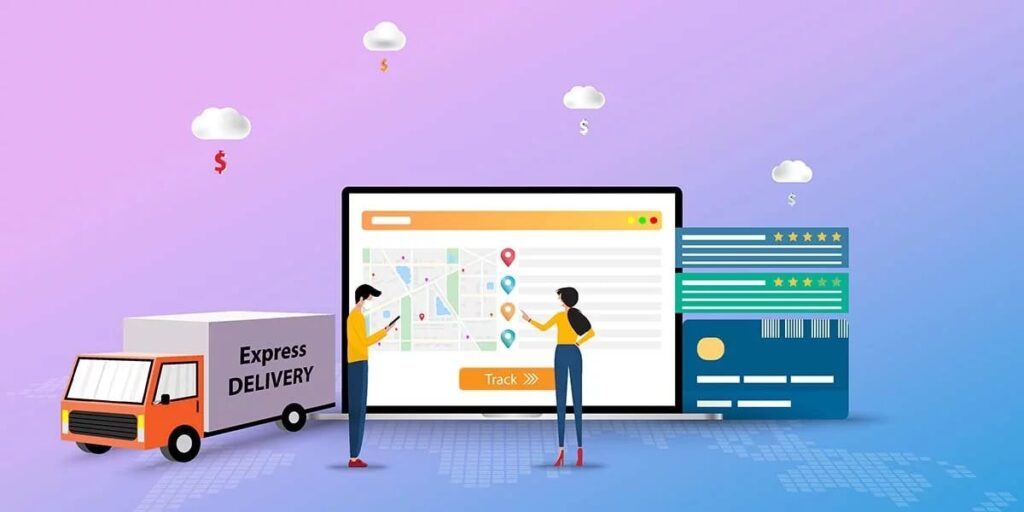
- E-commerce Growth Fuels Logistics Innovation: As online shopping volumes increase, logistics providers are pushed to develop faster, more reliable, and more flexible delivery solutions.
- Advanced Logistics Enable E-commerce Expansion: Improvements in logistics make it possible for e-commerce platforms to expand their geographical reach and offer services like same-day or next-day delivery, which are now critical market differentiators.
Conclusion.

In summary, the relationship between e-commerce and logistics is a critical engine for growth and efficiency in today’s market. E-commerce drives demand for sophisticated logistics solutions, and advanced logistics, in turn, empower e-commerce companies to deliver outstanding service, meet rising customer expectations, and expand into new markets.